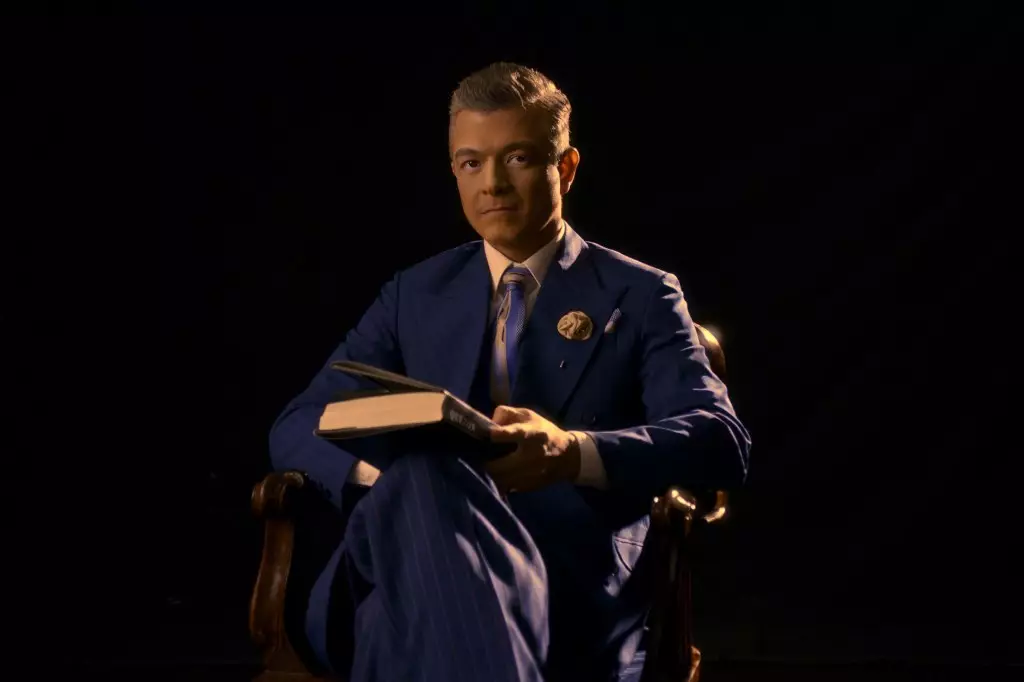The film “Quezon” attempts to dramatize a pivotal era in Philippine history, painting Manuel L. Quezon as a complex yet ultimately heroic figure. While the producers showcase it as a grand tribute to national pride, beneath the surface lies a narrative that overly romanticizes, glosses over, and even romanticizes the less savory aspects of Quezon’s leadership. It’s easy to fall prey to the allure of cinematic storytelling that venerates national heroes, but a deeper, more critical eye reveals a portrayal that’s more myth than reality. The problem isn’t just the depiction of Quezon himself, but the way the film constructs a sanitized version of history that diminishes critical engagement with the past, replacing nuance with nostalgia.
Like many Hollywood-style biopics, “Quezon” seems intent on crafting a hero’s journey that fits neatly into a compelling narrative arc—facing adversity, outwitting rivals, and ultimately securing the future of a nation. However, this approach can distort historical truth, forging a larger-than-life figure who embodies qualities that are sometimes questionable. Are we witnessing history or a carefully curated version designed to flatter national pride? The cinema’s role should be to challenge and question, not to reinforce a unidimensional image of heroism.
The Political Theatre of a Nation’s Founding
The film’s focus on Quezon’s political maneuvering, especially amid the American occupation and during the 1935 Philippine presidential elections, exposes the darker underbelly of big-time politics—corruption, favoritism, and the subtle manipulation of public sentiment. However, the narrative often leans toward glamorizing these tactics, portraying them as necessary means to an end rather than acknowledging their potentially damaging implications. The casting of well-known actors like Jericho Rosales and Iain Glen seems designed to lend gravitas, but this star power risks overshadowing the uncomfortable truths within the political processes that shaped the nation.
Quezon’s struggle for independence is presented as a heroic quest, yet it’s critiqued with little acknowledgment of the compromises and moral ambiguities involved. As critics, we must question whether glorification serves the national interest or if it perpetuates a simplified, idealized version of history that protects national myths at the expense of honesty. It’s troubling to see how the film sidesteps the more contentious aspects of the era—such as the colonial dynamics and internal dissent—and instead emphasizes a narrative of unity and resilience that conveniently sidesteps complex realities.
The Mythmaking Machine and Its Impact
The danger of films like “Quezon” isn’t just their historical accuracy—though that’s problematic enough—it’s the way they contribute to a collective memory that is often uncritically accepted by audiences. When cinema becomes the primary source of historical imagery, it wields enormous influence over how a nation perceives its past. The glamorization of “heroes” can inhibit critical understanding, fostering a kind of historical laziness that keeps uncomfortable truths buried under layers of patriotism.
Furthermore, by positioning Quezon’s story as a “stand-alone” narrative within a trilogy that already romanticizes Filipino history, the filmmakers risk creating a simplified, almost mythic archetype of leadership. This kind of storytelling can cloud future generations’ ability to engage honestly with the complexities of their history, creating a legacy rooted more in legend than truth. As liberals seeking a more just and reflective society, we must advocate for histories that confront uncomfortable truths rather than celebrate sanitized, one-dimensional figures.
The Cost of Heroes, the Price of Myths
Ultimately, “Quezon” represents more than just a film—it exemplifies a broader cultural tendency to idolize and mythologize national figures. While there’s value in honoring history and inspiring patriotic pride, it becomes problematic when this admiration prevents us from scrutinizing the path taken or questioning the decisions made. In a healthy democracy, acknowledging flaws and ambiguities in leaders and their legacies is essential. It is only through this honesty that a nation can grow and learn from its past rather than be imprisoned by it.
The film’s use of dramatic storytelling to elevate Quezon as a near-heroic figure is both a strength and a weakness. It captures the imagination but risks undermining critical engagement. As viewers and as citizens, we should demand a more honest, nuanced portrayal—one that recognizes the heroism amidst flaws and the humanity behind the myth. Only then can Philippine cinema serve as a true mirror of its history, reflecting truth rather than comforting illusions.


Leave a Reply